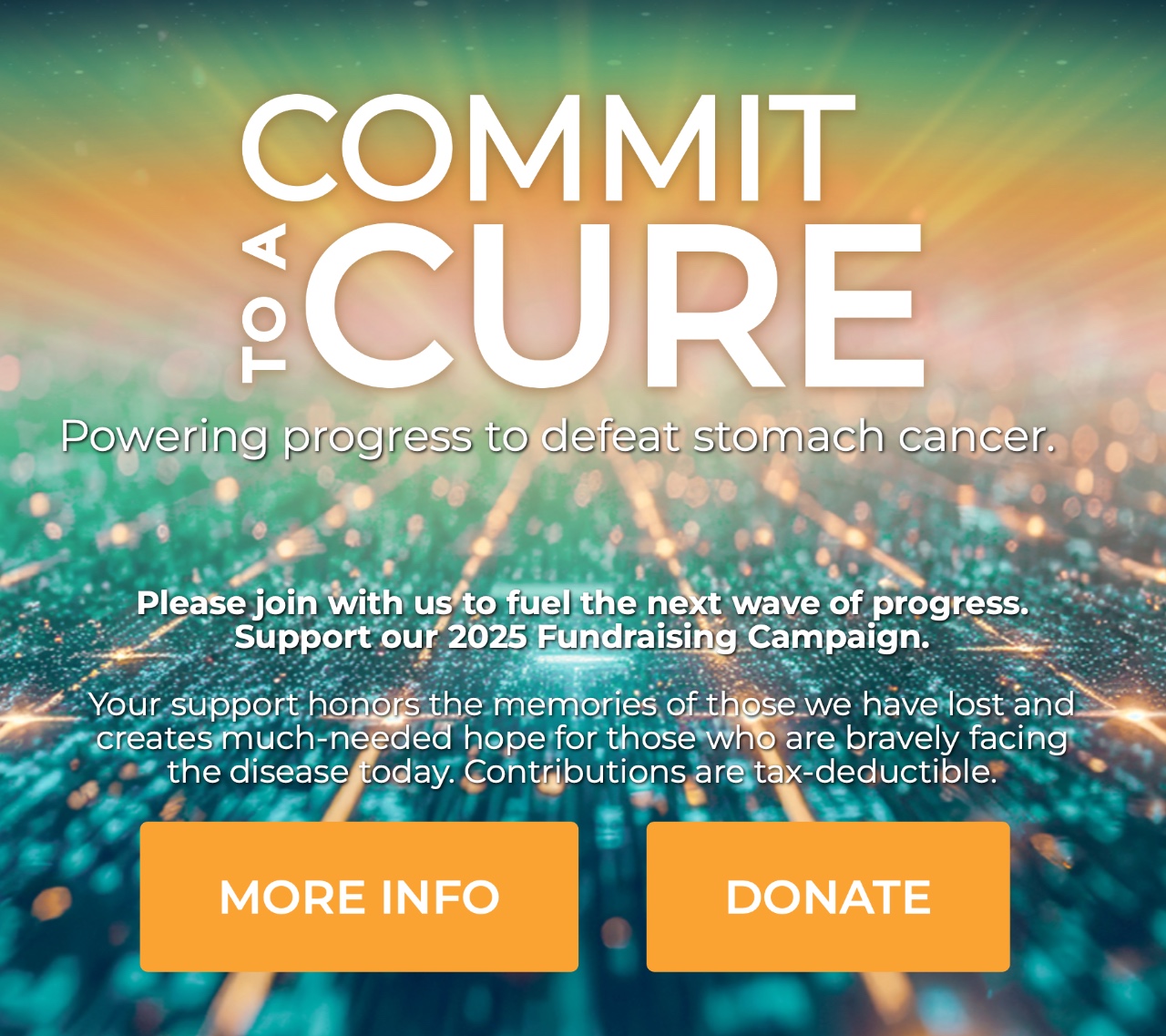Research Roundup: Mushroom Consumption and Lowered Risk
In a clinical trial, patients with gastric cancer who received low-dose olanzapine during chemotherapy experienced improved appetite and weight gain over those who received a placebo.
“In this randomized, double-blind, placebo-controlled clinical trial, the efficacy of olanzapine for appetite stimulation and weight gain during chemotherapy was assessed. Patients with untreated gastric, hepatopancreaticobiliary, or lung cancer were started on low-dose olanzapine (2.5 mg daily) or placebo at the initiation of chemotherapy. Among patients who received olanzapine, there was a higher proportion of those with a weight gain of more than 5% after 12 weeks than among those who received placebo (60% vs 9%). There was also a significant improvement in the appetite with olanzapine treatment compared with placebo.”
Read SourceClinical trials are vital to studying the effectiveness of new medicines and treatments.
Have questions about clinical trials? Speak with a trained navigator by calling 1-855-731-6032.
Have questions about clinical trials? Speak with a trained navigator by calling 1-855-731-6032.
At the ASCO GI Summit, BeiGene presented positive results from their phase 3 study of tislelizumab plus chemotherapy as a first-line treatment of advanced gastric cancer that demonstrated meaningful improvement in overall survival.
“Gastric cancer is the fifth most common cancer globally, and the prognosis for patients with advanced or metastatic conditions remains inadequate; these data support tislelizumab combined with chemotherapy as a potential first-line treatment option for patients with locally advanced, unresectable or metastatic gastric or gastroesophageal junction cancer.”
Read SourceA recent review found that higher mushroom consumption was associated with a lower risk of gastric cancer.
“The review analyzed the results of a meta-analysis of previously published studies and the Stomach Cancer Pooling (StoP) Project to investigate the relationship between mushroom consumption and gastric cancer risk and found that ‘higher mushroom consumption was associated with a lower risk of gastric cancer.’”
Read SourceWatch: Hearty Mushrooms for Health
In Japan, a recent study found that at 85 years of age, patients with an H. Pylori infection who carried a genetic variant had a higher cumulative risk of gastric cancer than non carriers with H. Pylori.
“Germline pathogenic variants in nine genes (APC, ATM, BRCA1, BRCA2, CDH1, MLH1, MSH2, MSH6, and PALB2) were associated with the risk of gastric cancer. We found an interaction between H. pylori infection and pathogenic variants in homologous-recombination genes with respect to the risk of gastric cancer in the sample from HERPACC (relative excess risk due to the interaction, 16.01; 95% confidence interval [CI], 2.22 to 29.81; P=0.02). At 85 years of age, persons with H. pylori infection and a pathogenic variant had a higher cumulative risk of gastric cancer than noncarriers infected with H. pylori (45.5% [95% CI, 20.7 to 62.6] vs. 14.4% [95% CI, 12.2 to 16.6]).”
Read SourceResearchers found that individuals with a low tumor-infiltrating lymphocyte density may benefit from adjuvant chemotherapy.
“The researchers evaluated the use of tumour-infiltrating lymphocyte (TIL) density in routine HE-stained tissue sections as a biomarker of response to adjuvant chemotherapy in patients with stage II to III gastric cancer. TIL density was not associated with age, sex, or stage. Patients with a high TIL density had a good prognosis with surgery alone and derived no significant benefit from adjuvant treatment. However, in those with a low TIL density, adjuvant chemotherapy was associated with improved disease-free survival.”
Read SourceA recent study concluded that endoscopic cancer surveillance is an acceptable alternative to prophylactic total gastrectomy in patients who are predisposed to hereditary diffuse gastric cancer but have declined surgery.
“In this prospective cohort study, we included asymptomatic patients aged 2 years or older with pathogenic or likely pathogenic germline CDH1 variants who underwent endoscopic screening and surveillance at the National Institutes of Health (Bethesda, MD, USA) as part of a natural history study of hereditary gastric cancers (NCT03030404). Endoscopy was done with non-targeted biopsies and one or more targeted biopsy and assessment of focal lesions. Endoscopy findings, pathological data, personal and family cancer history, and demographics were recorded. Procedural morbidity, gastric cancer detection by endoscopy and gastrectomy, and cancer-specific events were assessed. Screening was defined as the initial endoscopy and all subsequent endoscopies were considered surveillance; follow-up endoscopy was at 6 to 12 months. The primary aim was to determine effectiveness of endoscopic surveillance for detection of gastric signet ring cell carcinoma.”
Read SourceResearchers assessed how tumor DNA-based testing may help identify patients with HER2 positive gastric cancer and spare patients from repeat tissue biopsies.
“ctDNA analysis was performed retrospectively using plasma samples collected at study entry from 86 patients participating in the phase 1/2 CP-MGAH22-05 study (NCT02689284).”
Read Source



